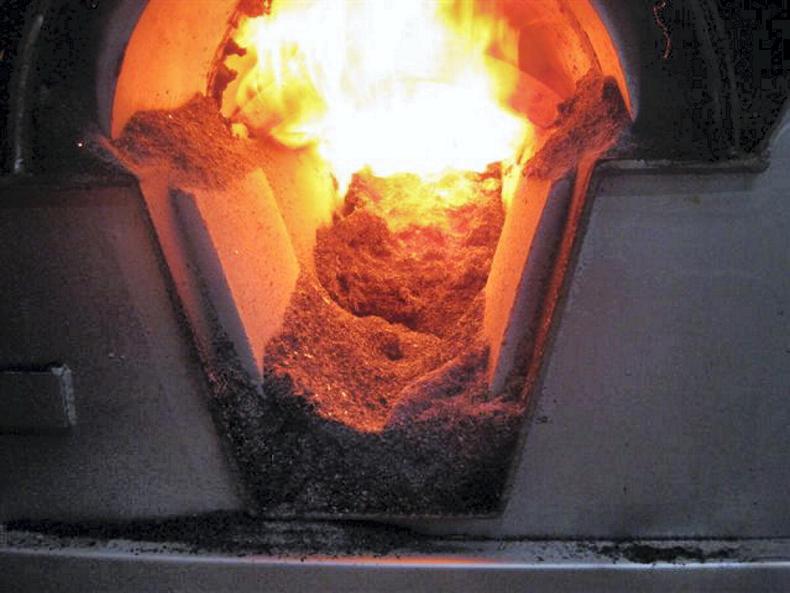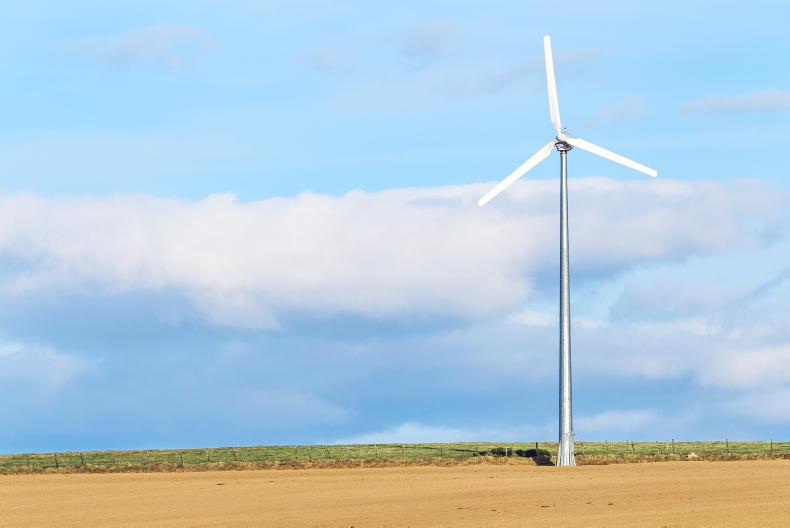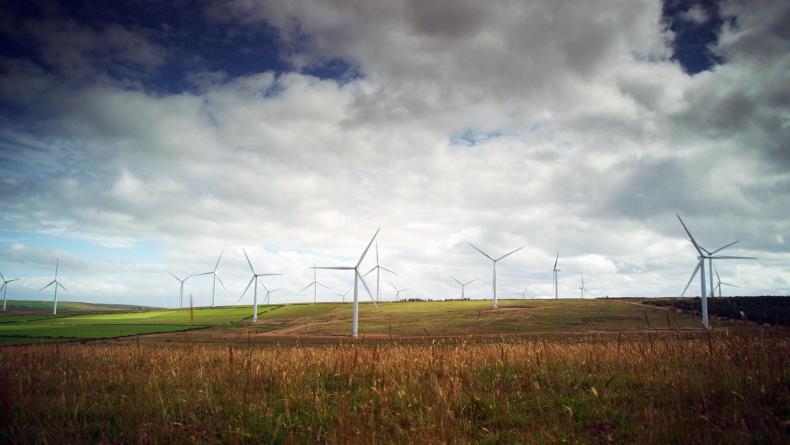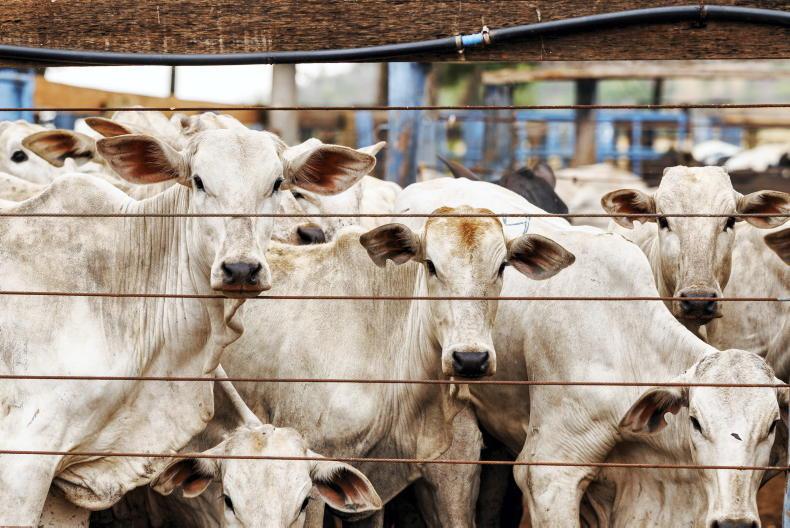A public consultation released by the Department for the Economy (DfE) on the long-term future of the Renewable Heat Incentive (RHI) in NI opened last week. The consultation contains eight options that range from stopping RHI payments altogether, to reverting to the open-ended tariffs paid when the scheme was introduced in 2012.
With approximately £500m available from the Treasury to fund RHI in NI, analysis conducted for DfE by consultancy firm Riccardo AEA indicates that returning to the 2012 tariffs rates is the only option which would go over budget. The rest would lead to savings.
“The Department may have the option of using any remaining funding to promote the generation of renewable heat by some other method,” the consultation document reads.
A key part of DfE’s thinking on RHI is that the original scheme was intended to deliver boiler owners a 12% annual rate of return on capital costs. State aid rules from the European Commission deem a rate of return of between 8% and 22% as reasonable.
Aside from stopping payments altogether, Riccardo’s calculations indicate that only two other options in the consultation would deliver an average rate of return below 22%. These two payment structures (involving new tariffs) would deliver a rate of return of 12% and 19%.
They also come significantly under budget, costing £75m and £185m respectively.
However, both options would bring significant cuts to RHI payments. For a 99kW boiler running at 90% efficiency and delivering the average RHI annual output of 330,000kWh, annual payments under the two options would amount to £1,841 and £3,278 for the 12% and 19% rate of return options respectively.
This compares to an annual payment of £11,837 under the current RHI tariffs in this example.
According to Riccardo, the current tariff structure (in place since 2017) delivers a rate of return of 50%, but still comes in under budget, with overall costs estimated at £480m.
Speaking to reporters last week, a DfE official said that any solution needs to strike a balance between delivering a reasonable return to scheme participants, meeting EU state aid approval and protecting the public interest.
Compulsory and voluntary buy-outs of RHI contracts are also discussed in the consultation, which would end the scheme early for all or some participants. The initial capital cost for individual boilers would be deducted from RHI payments made to date, and boiler owners would be given a one-off payment equal to a 12% rate of return over 20 years on the remaining balance.
The public consultation runs for 12 weeks and closes to responses on 6 September 2018. DfE aims to have long-term tariff rates in place by the time the current temporary regulations for RHI expire at the end of March 2019.
New wave of RHI audits to begin
A new contract is being finalised between DfE and an external contractor to conduct audits on biomass boilers accredited under RHI. The new wave of inspections is set to begin in the coming weeks and follows a series of pilot inspections conducted over the past nine months by Riccardo AEA.
DfE officials said that the intention is to inspect five of the 1,270 sites in NI that contain RHI boilers, each week. DfE officials said that the intention was always to audit 100% of boilers over the 20-year lifetime of the scheme, but that timeframe has now been compressed.
DfE officials said that the intention is to inspect five of the 1,270 sites in NI that contain RHI boilers, each week. DfE officials said that the intention was always to audit 100% of boilers over the 20-year lifetime of the scheme, but that timeframe has now been compressed.
Read more
DfE to consult on long-term RHI solution
RHI group secures legal cost protection
A public consultation released by the Department for the Economy (DfE) on the long-term future of the Renewable Heat Incentive (RHI) in NI opened last week. The consultation contains eight options that range from stopping RHI payments altogether, to reverting to the open-ended tariffs paid when the scheme was introduced in 2012.
With approximately £500m available from the Treasury to fund RHI in NI, analysis conducted for DfE by consultancy firm Riccardo AEA indicates that returning to the 2012 tariffs rates is the only option which would go over budget. The rest would lead to savings.
“The Department may have the option of using any remaining funding to promote the generation of renewable heat by some other method,” the consultation document reads.
A key part of DfE’s thinking on RHI is that the original scheme was intended to deliver boiler owners a 12% annual rate of return on capital costs. State aid rules from the European Commission deem a rate of return of between 8% and 22% as reasonable.
Aside from stopping payments altogether, Riccardo’s calculations indicate that only two other options in the consultation would deliver an average rate of return below 22%. These two payment structures (involving new tariffs) would deliver a rate of return of 12% and 19%.
They also come significantly under budget, costing £75m and £185m respectively.
However, both options would bring significant cuts to RHI payments. For a 99kW boiler running at 90% efficiency and delivering the average RHI annual output of 330,000kWh, annual payments under the two options would amount to £1,841 and £3,278 for the 12% and 19% rate of return options respectively.
This compares to an annual payment of £11,837 under the current RHI tariffs in this example.
According to Riccardo, the current tariff structure (in place since 2017) delivers a rate of return of 50%, but still comes in under budget, with overall costs estimated at £480m.
Speaking to reporters last week, a DfE official said that any solution needs to strike a balance between delivering a reasonable return to scheme participants, meeting EU state aid approval and protecting the public interest.
Compulsory and voluntary buy-outs of RHI contracts are also discussed in the consultation, which would end the scheme early for all or some participants. The initial capital cost for individual boilers would be deducted from RHI payments made to date, and boiler owners would be given a one-off payment equal to a 12% rate of return over 20 years on the remaining balance.
The public consultation runs for 12 weeks and closes to responses on 6 September 2018. DfE aims to have long-term tariff rates in place by the time the current temporary regulations for RHI expire at the end of March 2019.
New wave of RHI audits to begin
A new contract is being finalised between DfE and an external contractor to conduct audits on biomass boilers accredited under RHI. The new wave of inspections is set to begin in the coming weeks and follows a series of pilot inspections conducted over the past nine months by Riccardo AEA.
DfE officials said that the intention is to inspect five of the 1,270 sites in NI that contain RHI boilers, each week. DfE officials said that the intention was always to audit 100% of boilers over the 20-year lifetime of the scheme, but that timeframe has now been compressed.
DfE officials said that the intention is to inspect five of the 1,270 sites in NI that contain RHI boilers, each week. DfE officials said that the intention was always to audit 100% of boilers over the 20-year lifetime of the scheme, but that timeframe has now been compressed.
Read more
DfE to consult on long-term RHI solution
RHI group secures legal cost protection










SHARING OPTIONS